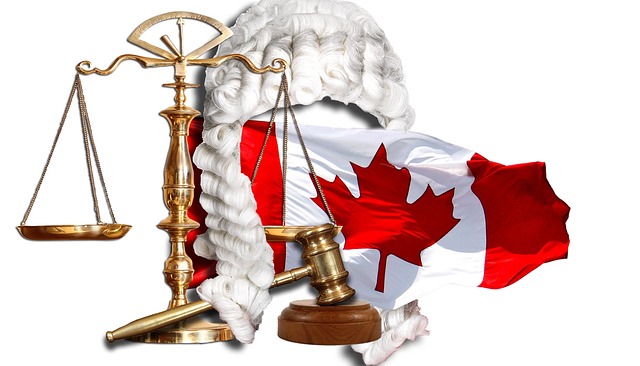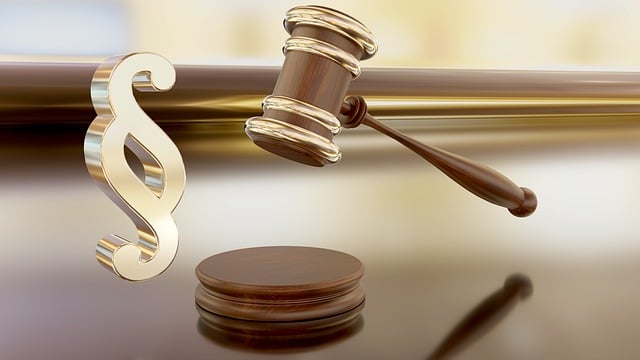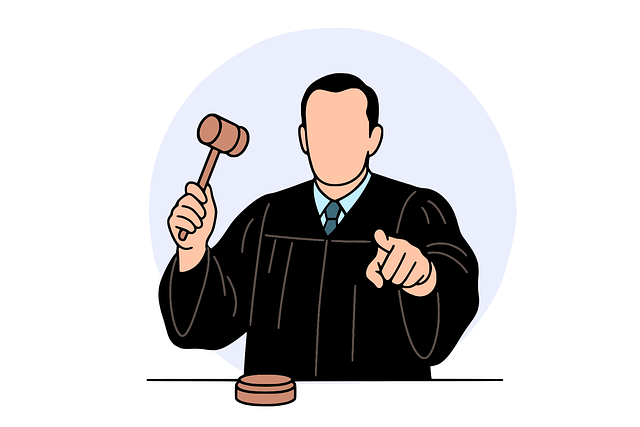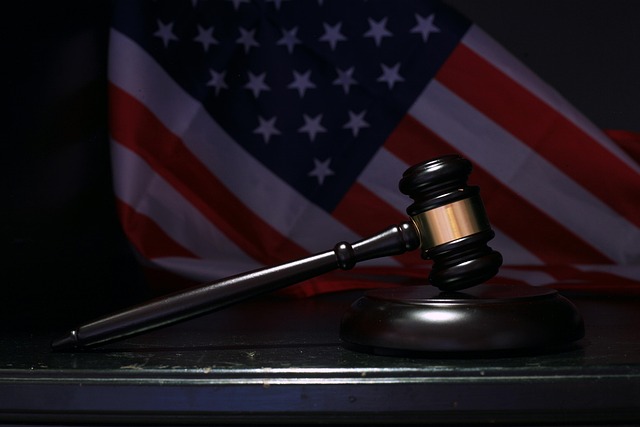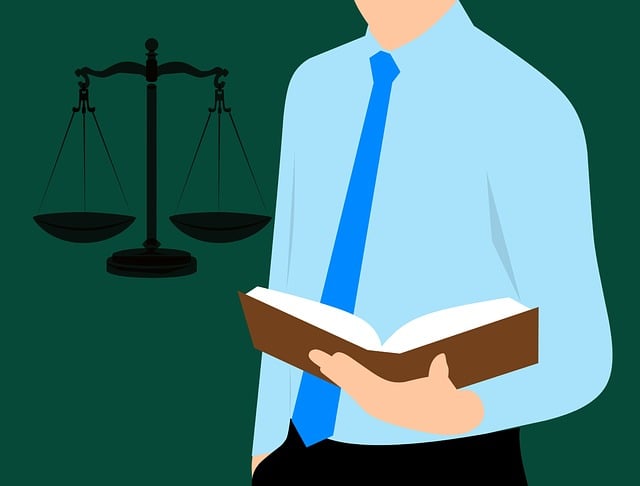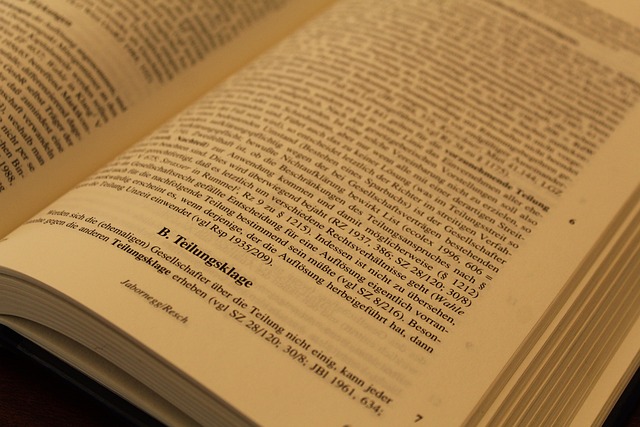
Category: Englewood Colorado Misdemeanor Representation
Englewood Colorado Misdemeanor Representation: Navigating Legal Landscapes for a Just Society
Introduction
In the complex realm of criminal justice, understanding local legal representations is paramount, especially when exploring niche areas like misdemeanor cases in Englewood, Colorado. This article delves into the intricacies of “Englewood Colorado Misdemeanor Representation,” examining its definition, historical evolution, global implications, and future prospects. Readers will gain insights into how effective legal representation shapes justice outcomes, community relations, and societal perception. By the end, we aim to equip individuals with a comprehensive understanding of this vital topic.
Understanding Englewood Colorado Misdemeanor Representation
Definition and Core Components
“Englewood Colorado Misdemeanor Representation” refers to the legal services provided by attorneys or legal aid organizations to individuals charged with misdemeanors within the boundaries of Englewood, CO. Misdemeanors are criminal offenses that carry less severe penalties than felonies but still represent a significant legal issue for those involved. The core components of this representation include:
- Initial Consultation: Clients meet with their attorneys to discuss the case, understand their rights, and explore potential defenses or resolutions.
- Case Evaluation: Lawyers examine the evidence, witness statements, and applicable laws to formulate a strategy.
- Plea Bargaining: Negotiating with prosecutors to secure favorable outcomes, such as reduced charges or lesser sentences.
- Trial Representation: Presenting the client’s case before a judge or jury if the matter goes to trial.
- Post-Verdict Support: Assisting clients in understanding and fulfilling any court orders or penalties imposed.
Historical Context
The concept of misdemeanor representation has evolved alongside criminal justice reforms in the United States. Historically, misdemeanors were often handled summarily, with little legal representation for defendants. However, public defender systems began to emerge post-World War II, addressing growing concerns about due process and fairness in misdemeanor cases. Englewood, like many U.S. cities, adopted these models, ensuring access to legal counsel for those facing non-felony charges.
Significance and Broader Landscape
Englewood Colorado Misdemeanor Representation plays a crucial role in several aspects:
- Access to Justice: It ensures that individuals from diverse socio-economic backgrounds can exercise their right to legal representation, promoting fairness and equal treatment under the law.
- Case Outcomes: Skilled legal counsel can significantly impact misdemeanor cases, potentially reducing sentences, avoiding harsh penalties, or securing alternative resolutions that minimize long-term consequences for clients.
- Community Trust: Effective representation fosters trust between communities and the legal system, encouraging cooperation and a sense of justice being served.
Global Impact and Trends
International Influence
The principles behind Englewood Colorado Misdemeanor Representation have resonated globally, leading to similar initiatives worldwide. Many countries have adapted models inspired by U.S. public defender systems, recognizing the value of dedicated legal support for misdemeanor offenders.
Regional Trends
- Europe: Some European nations, like the United Kingdom, have well-established public defense systems with strong historical roots, ensuring comprehensive representation across various criminal offenses, including misdemeanors.
- Asia: In Japan, a unique “public defender” system provides legal aid to defendants, particularly in cases involving lesser crimes, reflecting a blend of traditional and modern legal approaches.
- Latin America: Countries like Brazil have witnessed growth in legal aid organizations specializing in misdemeanor representation, driven by increasing awareness of human rights and access to justice issues.
Global Challenges and Solutions
Despite global progress, several challenges require attention:
- Funding and Resources: Many regions struggle with inadequate funding for public defender offices, impacting the quality and availability of legal services.
- Legal Expertise: Ensuring specialized misdemeanor representation globally is essential, as local laws and procedures vary widely.
- Community Engagement: Building trust and encouraging collaboration between legal aid providers and underserved communities remains a priority worldwide.
Economic Considerations
Market Dynamics
The market for legal services related to misdemeanors in Englewood is influenced by several factors:
| Factors | Impact |
|---|---|
| Crime Rates | Higher crime rates can lead to an increased demand for legal representation, creating opportunities for law firms specializing in misdemeanor cases. |
| Economic Conditions | During economic downturns, individuals facing misdemeanors may have limited resources, driving a need for affordable legal options. |
| Legal Aid Funding | Government or private funding allocated for legal aid programs can significantly impact the availability and accessibility of legal services. |
Investment Patterns
Law firms and legal aid organizations invest in:
- Attorneys: Recruiting and retaining qualified attorneys specializing in misdemeanor cases is a key investment to ensure competent representation.
- Technology: Adopting case management software, legal research tools, and digital communication platforms enhances efficiency and client service.
- Community Outreach: Investing in community engagement programs can help legal aid organizations connect with underserved populations, expanding their client base.
Economic System Implications
Englewood Colorado Misdemeanor Representation contributes to the local economy through:
- Job Creation: Legal services generate employment opportunities for attorneys, paralegals, and support staff.
- Community Stability: Effective legal representation can reduce recidivism rates, leading to a more stable and safe community, which is beneficial for business and residents alike.
- Cost Savings: Investing in legal aid programs can be cost-effective in the long term by preventing more serious offenses and associated societal costs.
Legal Strategies and Case Management
Common Misdemeanor Offenses
In Englewood, common misdemeanors include:
- Traffic Violations: Speeding, running a red light, and reckless driving are frequent offenders.
- Public Intoxication: Charges related to drinking in public or being drunk and disorderly.
- Theft and Larceny: Minor property crimes, including shoplifting and petty theft.
- Assault and Battery: Simple assaults without significant injuries.
Case Management Techniques
Efficient case management is crucial for legal aid organizations:
- Case Tracking Software: Using specialized software to monitor case progress ensures timely filing of motions, court appearances, and client communications.
- Client Intake Procedures: Standardized intake processes help lawyers quickly assess cases, gather necessary information, and provide initial advice.
- Plea Bargain Negotiation: Developing negotiation strategies based on prior case outcomes can lead to more favorable resolutions for clients.
Technology’s Role in Misdemeanor Representation
Digital Case Management
Technology has revolutionized legal practice, impacting misdemeanor representation through:
- Online Legal Research: Attorneys can efficiently access case law and legal resources using digital research tools, enabling them to build stronger arguments.
- Client Communication: Secure email, video conferencing, and client portals enhance communication, allowing lawyers to provide updates and gather information remotely.
- Document Management: Digital case files streamline document storage, retrieval, and sharing, improving efficiency and security.
Remote Legal Services
The COVID-19 pandemic accelerated the adoption of remote legal services:
- Virtual Court Appearances: Many courts now allow attorneys to represent clients remotely, ensuring continuity of representation despite physical distances.
- Online Legal Aid Clinics: Non-profit organizations offer virtual legal clinics, providing free advice and resources to individuals facing misdemeanors who cannot physically attend meetings.
Community Engagement and Outreach
Building Trust with Underserved Populations
Englewood’s diverse communities may include marginalized groups lacking trust in the legal system. Effective outreach strategies can help:
- Cultural Sensitivity: Lawyers and legal aid workers should be trained to understand and respect cultural differences, ensuring respectful and inclusive interactions.
- Language Assistance: Providing multilingual services or interpreters helps serve clients who speak different languages.
- Community Partnerships: Collaborating with local churches, community centers, and social service agencies can facilitate access to legal aid for underserved populations.
Educational Programs
Legal aid organizations can empower individuals by offering:
- Workshops: Educating the public about their rights, responsibilities, and available legal resources empowers them to navigate the justice system more effectively.
- Legal Clinics: Holding regular clinics at community locations provides free legal advice and assistance for common misdemeanor issues.
Future Prospects and Innovations
Emerging Technologies
The legal industry is embracing technology to enhance services:
- Artificial Intelligence (AI): AI-powered tools can assist in legal research, document review, and case prediction, potentially reducing the workload for attorneys.
- Blockchain: This technology offers secure and transparent ways to store legal documents, manage cases, and ensure data integrity.
Remote and Virtual Services Expansion
The trend towards remote legal services is expected to continue:
- Video Conferencing: Advanced video conferencing tools will enable more complex case management and client interactions from a distance.
- Artificial Legal Assistants: AI-driven assistants could provide preliminary legal advice, screening cases for potential issues, and guiding clients through initial steps.
Focus on Diversion Programs
Diversion programs aim to shift misdemeanor offenders towards restorative justice practices:
- Community Service: Encouraging individuals to perform community service as an alternative to prosecution can foster a sense of accountability and community involvement.
- Mediation: Utilizing mediation services for certain misdemeanors promotes resolution without the formal court process, saving resources and time.
Conclusion
Englewood Colorado Misdemeanor Representation is a vital component of the local criminal justice system, with far-reaching implications for individuals, communities, and society at large. Understanding its intricacies and global context allows us to appreciate the importance of accessible, quality legal services. As technology advances and societal needs evolve, continuous innovation and adaptation will be crucial to ensuring effective misdemeanor representation in Englewood and beyond.



